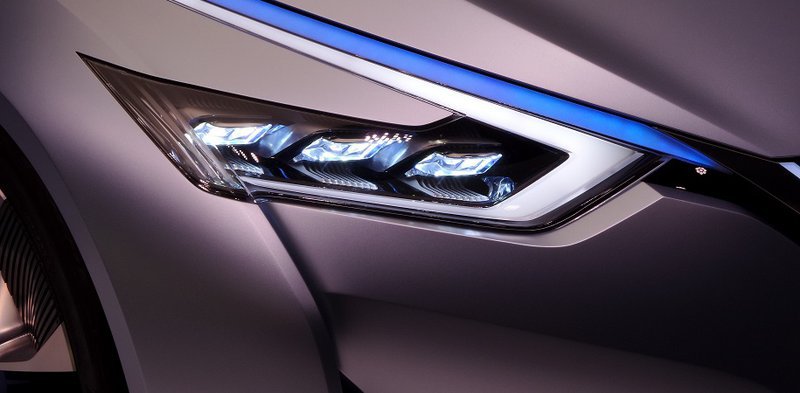
CCC certification for the automotive industry
What should be considered when it comes to CCC certification of automobiles and automotive components? Which Chinese GB standards are relevant here?
In the past few weeks, we have gone into the topic of Chinese certifications and approvals, including Chinese Compulsory Certification (CCC). One of the main industries affected by CCC certification requirements continues to be the automotive sector. But which components are of particular concern here, and what are the most important Chinese standards?
CCC for complete vehicle homologation
Important guidelines for homologation tests of motorized complete vehicles are defined in the implementation regulations of CNCA-C11-01. These are continuously updated and expanded to include, for example, references to new Chinese GB standards (Guobiao, "National Standard"). The currently relevant standards include GB 15089, which deals with the classification of vehicles into different classes. Like many GB standards, its content is based on an equivalent UN resolution, in this specific case ECE R.E. 3. Another example of an important GB standard is GB 7258, which sets out various safety requirements for vehicles to be driven on Chinese roads.
CCC certification of vehicle lighting
With regard to individual automotive components, lighting parts such as headlights, among others, take on special significance. The GB standard GB/T 10485, for example, specifies the environmental tests that these components must withstand in order to receive CCC certification. For example, car headlights must withstand changing temperatures and humidity. GB standard GB 19152, on the other hand, relates specifically to the lighting of motorcycles and also defines various relevant test methods. In addition, there are a large number of other important standards on lighting issues, such as standard GB 11554 for rear fog lights, GB 17509 for direction indicators, GB 18409 for parking lights and many more.
CCC regulations on interior flammability
Another important aspect for the certification of automobiles is the material of the vehicle’s interior. The CNCA-C11-09 implementing regulations set important requirements for testing in this area. Among other things, the flammability of the material used in the interior is an important topic here. In this context, reference is made to GB standard GB 8410, which specifies the burning rate of the material to be tested. In terms of content, GB 8410 is largely based on the US standard FMVSS 302 (Federal Motor Vehicle Safety Standard). Here, a material sample is ignited in a special test chamber to determine how quickly the fire subsequently spreads.
CCC requirements for rearview mirrors
Like lighting and fire protection, properly functioning rearview mirrors are also important factors for a safe vehicle. As part of CCC certification, the implementing regulations of CNCA-C11-08 must be observed here. These refer to GB standard GB 15084 and GB 17352, the former of which specifies, among other things, requirements for rearview mirrors of various vehicle classes, for example with regard to curvature and robustness. The relevant test methods here include, for example, a bending test and an impact test. GB 17352, in turn, relates specifically to the rearview mirrors of motorcycles and mopeds.
Test laboratories for CCC tests
Successful CCC certification of vehicles and automotive components with CCC obligation is only possible in cooperation with an accredited Chinese testing laboratory that can perform the required tests, preferably directly in Europe. If you are looking for such a testing laboratory, the experts at Testxchange will be happy to help you on request, without obligation.